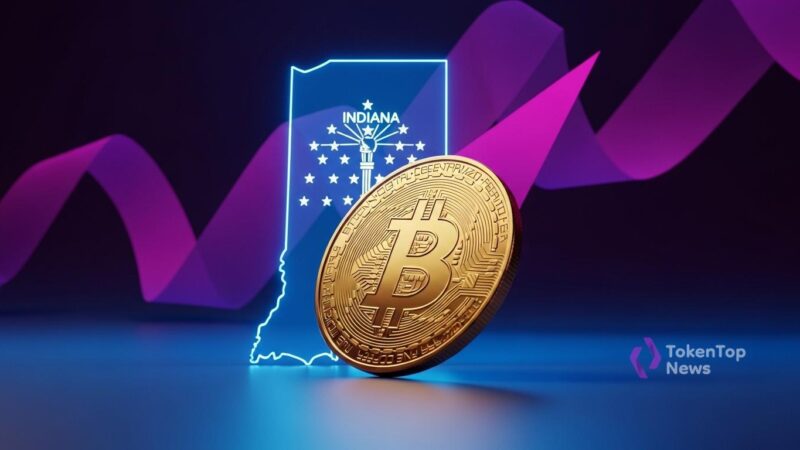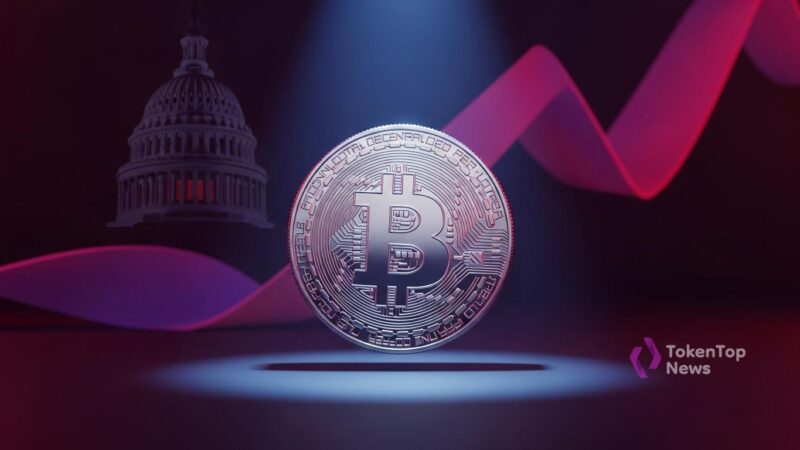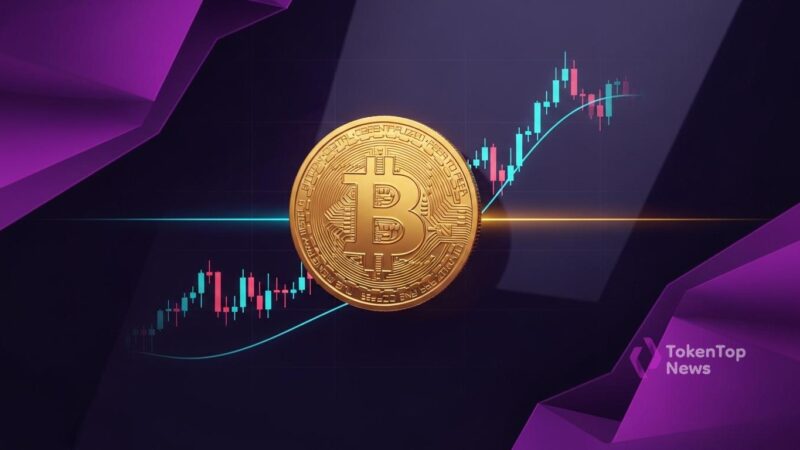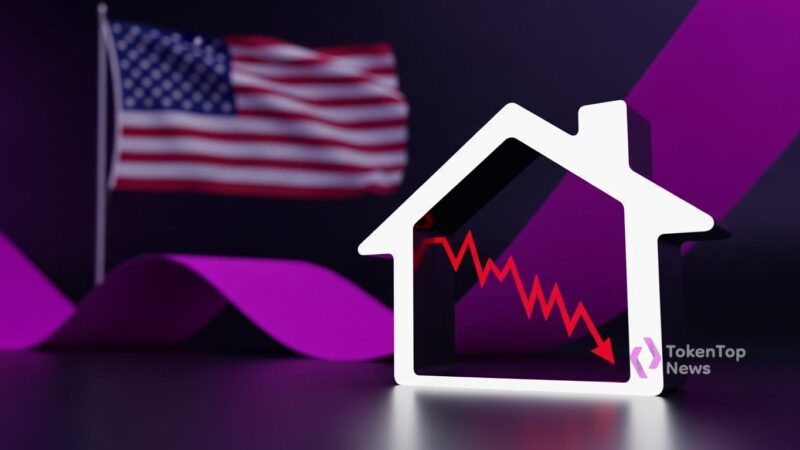Powell Cautions on Inflation Risks from Trump’s Tariffs
- DeFi platforms are gaining popularity for their ability to provide financial services without intermediaries.
- Smart contracts are the backbone of DeFi, enabling trustless transactions.
- Risks associated with DeFi include smart contract vulnerabilities and market volatility.
- Regulatory scrutiny is increasing as DeFi continues to grow.
- Investors are diversifying portfolios with DeFi tokens.

The Rise of Decentralized Finance: Transforming the Financial Landscape
In recent years, decentralized finance (DeFi) has emerged as a revolutionary force in the financial sector, leveraging blockchain technology to create a more open and accessible financial system. Unlike traditional finance, which relies on intermediaries such as banks and brokers, DeFi platforms enable users to engage in financial transactions directly, using smart contracts to automate processes and ensure transparency.
As DeFi platforms gain traction, they are attracting a diverse range of users, from crypto enthusiasts to institutional investors. The allure of earning high yields on investments, accessing liquidity pools, and participating in governance through decentralized autonomous organizations (DAOs) has made DeFi an attractive option for many.
However, the rise of DeFi is not without its challenges. The technology is still in its infancy, and risks such as smart contract vulnerabilities, hacking incidents, and regulatory uncertainties pose significant concerns for users. As the DeFi landscape continues to evolve, it is essential for participants to stay informed about the potential risks and rewards associated with this new financial paradigm.
In conclusion, decentralized finance is set to transform the financial landscape, offering innovative solutions and opportunities for users worldwide. As the sector matures, it will be crucial to address the challenges it faces, ensuring a secure and sustainable future for DeFi.




